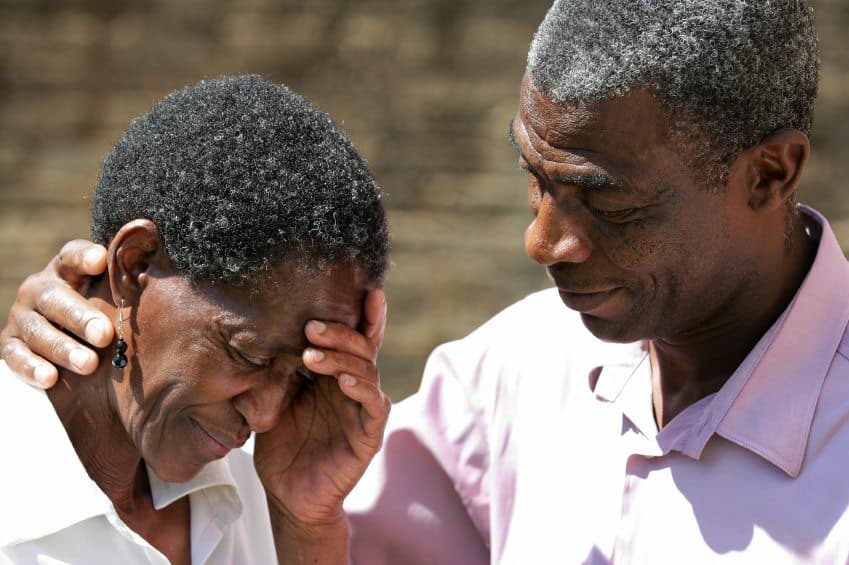10 Benefits of Meditation
10 Benefits of Meditation
We all experience stress, strain, and anxiety, often on a daily basis. Because these feelings are often caused by factors we cannot control, many people find themselves buried under their emotional weight as they pile on top of each other. Our negative thoughts and thinking can make matters worse.
Practicing meditation can help in many ways and lead to better overall health. All it takes is 12-20 minutes a day each day of the week, to really tune in and train your mind to focus on the present moment by way of the breath and quiet our non-stop thinking mind. Learning to stay still and focus on the present has tremendous benefits.
Here are 10 ways that meditation can improve your quality of life.
1. Good Night’s Rest
Meditation helps to detach you from your negative thoughts and the issues that tend to run through your head, especially when you lay down to sleep. Letting go of these thoughts allows you to get a deeper, more restful sleep, so you wake up with more energy and feel more alive.
2. “Do you remember when…”
Research proves that practicing meditation can physically alter a person’s brain by strengthening the cerebral cortex, improving memory, concentration, and the ability to learn. Just as it is important to exercise daily, meditation is the best way to exercise your mind!
3. Creativity Boost
Have you ever experienced the frustration of being stuck in the middle of a crossword or Sudoka puzzle? Research shows that meditation can boost your creativity and innovation skills by eliminating the internal hurdles that prevent us from reaching our natural creative potential.
4. Anxiety and Depression
Lao Tzu said, “If you are depressed you are living in the past. If you are anxious you are living in the future. If you are at peace you are living in the present.” Incorporating meditation into your daily regimen can help those suffering from depression and anxiety. Although it is not a magical potion that can just zap your worries away, meditation helps you focus on the now. It helps to calm and relax an overactive brain and breaks the cycle of focusing on worrisome thoughts and fixating on the past and future.
5. The Key to Kindness
Research has shown that meditation can also help people become more virtuous and kind. Meditation allows us to turn our focus away from ourselves and recognize the emotional needs of others. Meditation can be a key used to unlock our compassion and empathy.
6. Physical Health
When most people think of meditation, they immediately associate it with their mind, but meditation is the simplest way to improve your overall health, including your body! Research shows that meditation can help reduce pain, boost your immune system, ease inflammation, help infertility, and even reduce risk for high blood pressure and heart issues.
7. Lighten the Load
One of the most well-known benefits of meditation is stress relief. In today’s world, stress is virtually unavoidable. However, meditation can help us manage and reduce the stresses that we face every day. It allows us to be more mindful of ourselves. Once we are aware of the factors that cause stress,and the ways in which stress affects our emotions, we are in a better place to reach a solution to address them.
8. Thinking Clearly
Our lives are filled with distractions. With cell phones buzzing, television blasting, endless email, and ads popping up everywhere, how is one ever supposed to have a clear thought process? Meditation can assist in calming down the mind and clearing it of wasteful and invasive thoughts. This can improve a wide range of cognitive skills including focus, stress management, impulse control, concentration, self-awareness, attention, and detail-oriented strengths. Studies show that meditation not only changes these functions, but it actually can rewire and change the structure of the brain.
9. Meditation a Day Keeps the Doctor Away
Never mind eating an apple every morning, did you know that meditation is a holistic way to boost your immune system? Research shows a clear connection between the immune system and thoughts. Your immune system responds to both good and bad thoughts—can you guess which can make your immune system stronger? Studies have also shown that meditation can increase antibodies, decrease demanding stress that puts pressure on the immune system, and even boost activity in the prefrontal cortex, the area of the brain that controls the immune system.
10. Don’t Worry, Be Mindful
Like exercise, meditation can boost your levels of serotonin and endorphins, and help you find inner peace. That, combined with the nine other benefits outlined above, will help you manage day to day experiences which can sometimes very very challenging.
Meditation is a great way to improve your life emotionally, mentally, and physically. You can ease into it slowly by setting aside just ten minutes in the morning and in the evening. Keep track on your calendar and see if you can see and feel yourself experiencing these life-changing effects. The only way to tell is if you give it a try!




